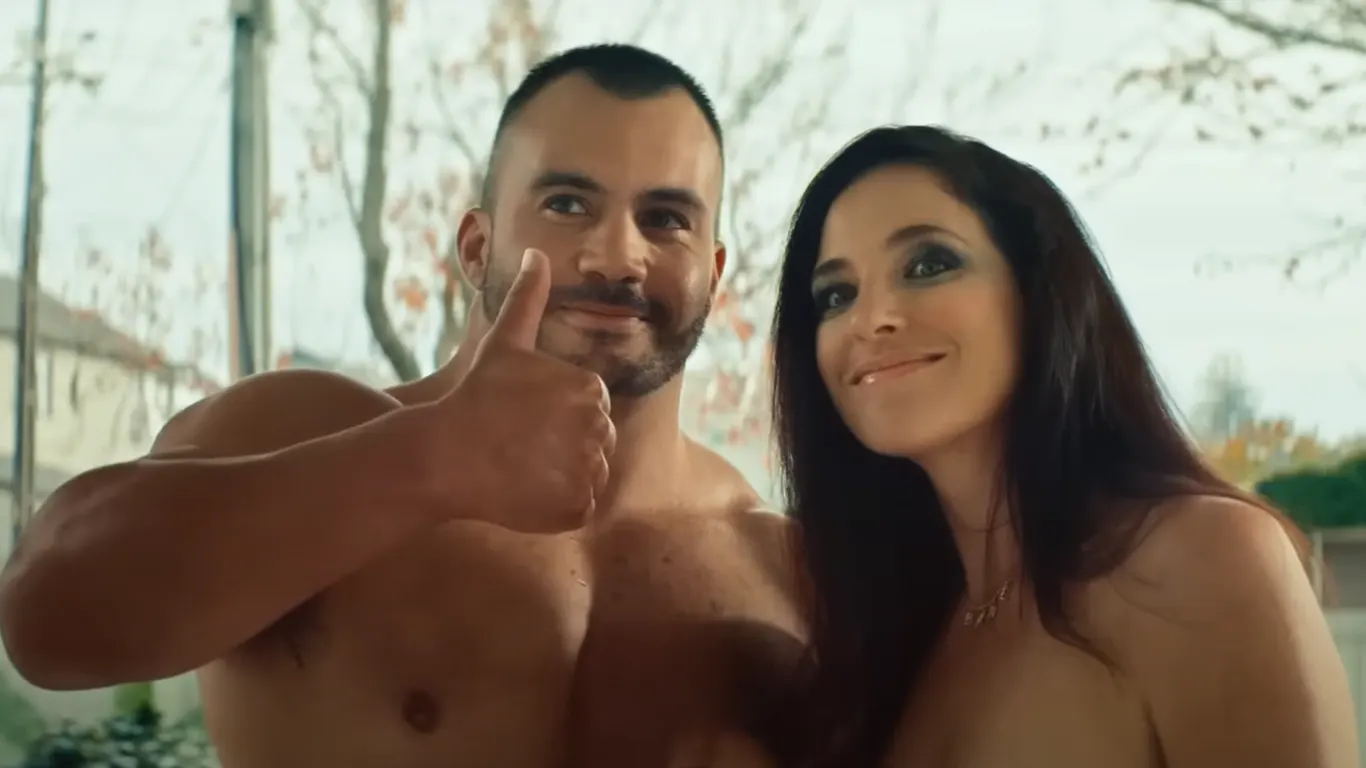Summary:
- Campaign: “Keep it real online”
- Brand: New Zealand Government (Department of Internal Affairs)
- Ad Agency: Motion Sickness
- Target Audience: Parents, caregivers, and young people in New Zealand.
- Goal: To reduce online harm to children and young people by empowering parents to have frank conversations about online dangers using a humorous approach.
- Key Element: Lighthearted, witty videos that bring online dangers into the real world.
- Launch Date: 2020, in response to increased online time during the COVID-19 lockdown.
Keep It Real Online: Turning a Serious Issue into a Viral Conversation
Launched in 2020 during the COVID-19 lockdowns, the “Keep it real online” campaign from the New Zealand Government and creative agency Motion Sickness took a unique approach to a serious topic. Recognizing that children were spending more time unsupervised online, the campaign’s objective was to give parents and caregivers the tools and confidence to talk about online harms like pornography, grooming, and cyberbullying.
Instead of using a fear-based, heavy tone common in public service announcements, the campaign embraced distinctly “Kiwi” humor. The ads visualized online dangers as real-life characters showing up uninvited at a parent’s door. One of the most viral spots featured two fake porn stars, “Nude Sue and Derek,” who arrive to talk to a mother about her son’s online habits, highlighting the importance of discussing consent and healthy relationships.
This humorous, relatable strategy was incredibly effective. It made a difficult subject approachable and fostered a national conversation. The campaign went on to achieve over 40 million organic views and received international acclaim. Beyond the buzz, it delivered concrete results: data showed a significant decline in searches for explicit content on school networks and a fivefold increase in requests for training and support from organizations focused on online harm. The campaign’s success was a testament to the power of using wit and creativity to drive real behavior change.
The ‘Eggplant’ Mini-Series: Expanding the Conversation
Following the success of the initial ads, the campaign evolved with a second phase that included “The Eggplant,” a six-episode comedy mini-series targeting young people directly. Starring Kiwi icons like Karen O’Leary, the series used humor to address online issues from a young person’s perspective. A survey found that 67% of households who watched the mini-series had a discussion about online safety afterward, proving that the lighthearted approach was effective in engaging a younger audience as well.




